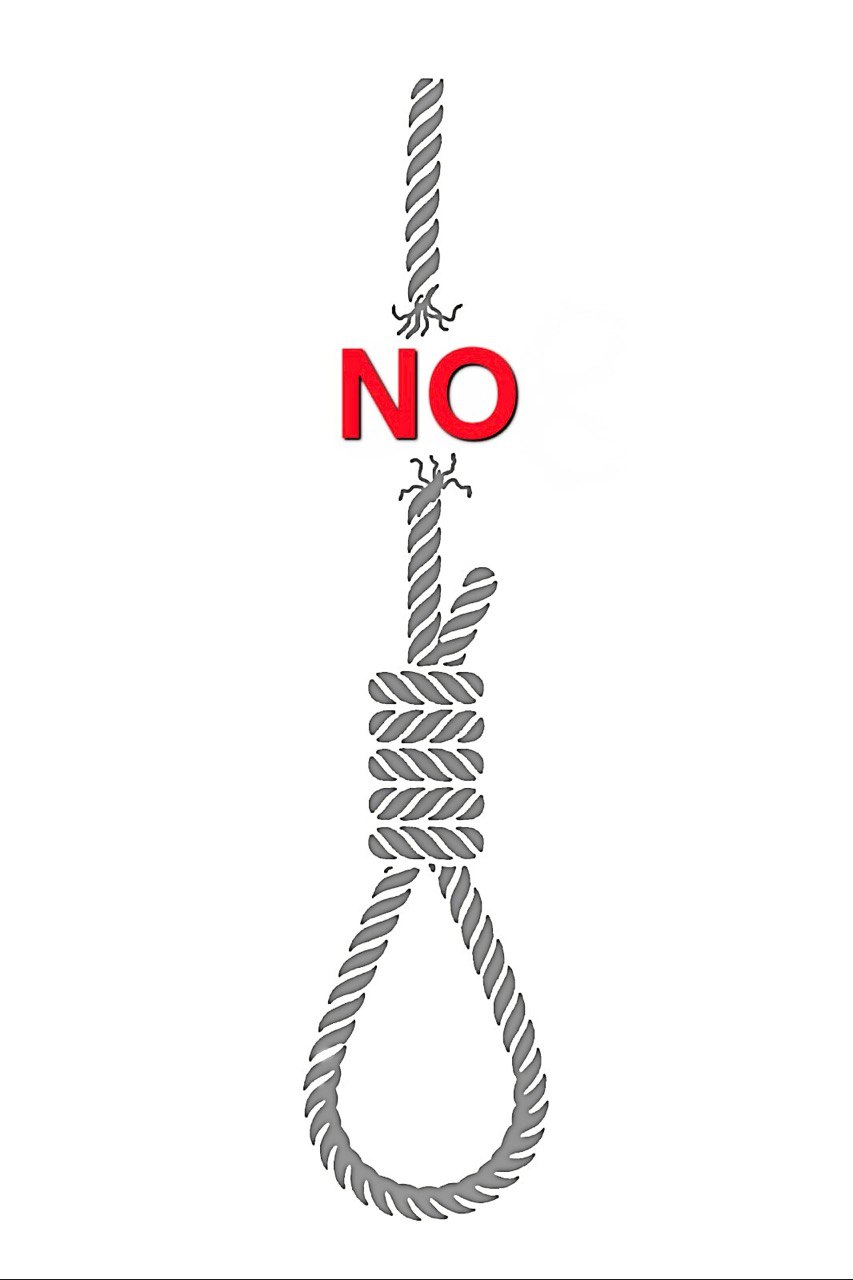28/07/2023
Political prisoners in Iran subjected to pharmacological torture
Saman Yasin, jailed Iranian rapper, was transferred to a
psychiatric hospital!
The Islamic regime in Iran has been intentionally and systematically subjecting more political prisoners to further psychological and physical torture by sending them to psychiatric centres and giving them anti-psychotic drugs as a form of torture.
Campaign to Free Political Prisoners in Iran (CFPPI) urges the international community to expose and pressure the Islamic regime to stop this pharmacological torture and release all political prisoners.
Saman Yasin, a 27-year-old jailed Iranian rapper who was arrested during the recent protests in Iran, was moved to Aminabad (Razi) Psychiatric hospitals on 23 July. He is not the only one. Tens of political prisoners, especially the recent detainees, have been forcefully given anti-psychotic/psychedelic drugs or have been sent to psychiatric centres across Iran.
Subjecting political prisoners to pharmacological torture has been sometimes used in the past decades but only for specific well-known political prisoners. The use of this torture has increased over the past five years. In 2018, a prominent teacher’s rights activist, Hashem Khastar, was abducted by the Islamic Revolutionary Guards Corps (IRGC) security forces and was sent directly to a psychiatric hospital in the city of Mashhad. Kianoosh Sanjari, human rights activist, arrested in 2016, spoke about his experience of being transferred to psychiatric centres seven times. He was given electric shocks and injected with drugs that impacted his speech and sometimes made him unconscious. Behnam Mahjoubi was arrested in 2020 and was forcibly hospitalised and injected with unknown drugs at Aminabad psychiatric hospital before he was transferred to another hospital. He died in February 2021 as a result of his ailment, which was caused by being sent to a psychiatric hospital and being forcibly given unknown medication and injections, as well as being deprived of the treatment he needed. The list is ongoing.
During the recent protests, which started following the death in the custody of Jina Mahsa Amini in September 2022, the use of pharmacological torture in prisons by the Islamic regime and IRGC, to silence the detainees and their families,has been alarmingly increased. The detainees reported that they were given unknown drugs. Several detainees including Saman Yasin, jailed Iranian rapper, have been forcibly hospitalised in psychiatric centres. In reports received by the CFPPI, detainees reported that the prison guards mixed an unknown ‘medication’ into their drink and as a result, the detainees felt delusional and sometimes became unconscious. In some cases, it was reported that the detainees, a few days after
their release died by “suicide”. These cases include: 19-year-old Yalda Aghafazli, who died a few days after she was released and the regime announced that Yalda died as a result of an overdose. 16-year-old Arshia Imamgholizadeh‘s death was announced as a suicide. Before Arshia died, he told his family that he was given tablets in prison. 37-year-old Atefeh Neami’s death was also announced as a suicide. 19-year-old Abbas Mansouri whose dead was reported as suicide, told his family that two days before his release he was given unknown tablets in prison and he was injected with unknown drugs. The above cases are only a few examples of this method used by the Islamic regime.
The regime tries to portray that political prisoners are mentally disturbed and this is why they are protesting and if they die in prison, it is due to their illness. Pharmacological torture is used by the Islamic regime in an attempt to break the spirit and resistance of the prisoners, silence them and create mental disturbances, psychologically control them, and in many cases, kill them without needing to execute them. This is also because each time the Islamic regime executes a political prisoner, they face international outrages, using pharmacological torture is less costly as the Islamic regime secretly and systematically destroys the lives of prisoners and subsequently their families and then claims that they died due to illnesses.
We have also witnessed the same method being used by the Islamic regime in Iran against women who refuse to wear Hijab. In July 2023, several women, including well-known actresses, were arrested for not wearing Hijab and were ordered to attend weekly so-called “psychotherapy” sessions. The Islamic regime then tries to portray that these women are not mentally stable and have behavioural and psychological issues.
• CFPPI urges International human rights organisations, including World Organisation Against Torture, the UN Human Rights Council and its Fact-Finding Mission on Iran to investigate the use of pharmacological and psychological tortures and hold the Islamic regime accountable for these crimes against humanity.
• CFPPI urges the governments, the European Union and the European Parliament to support the investigation on pharmacological torture, to pressure the Islamic regime to stop arresting and torturing protesters, and to release political prisoners immediately and unconditionally
Shiva Mahbobi, Spokeswoman
Campaign to Free Political Prisoners in Iran (CFPPI)
www.cfppi.org shiva.mahbobi@gmail.com Tel: +447572356661



